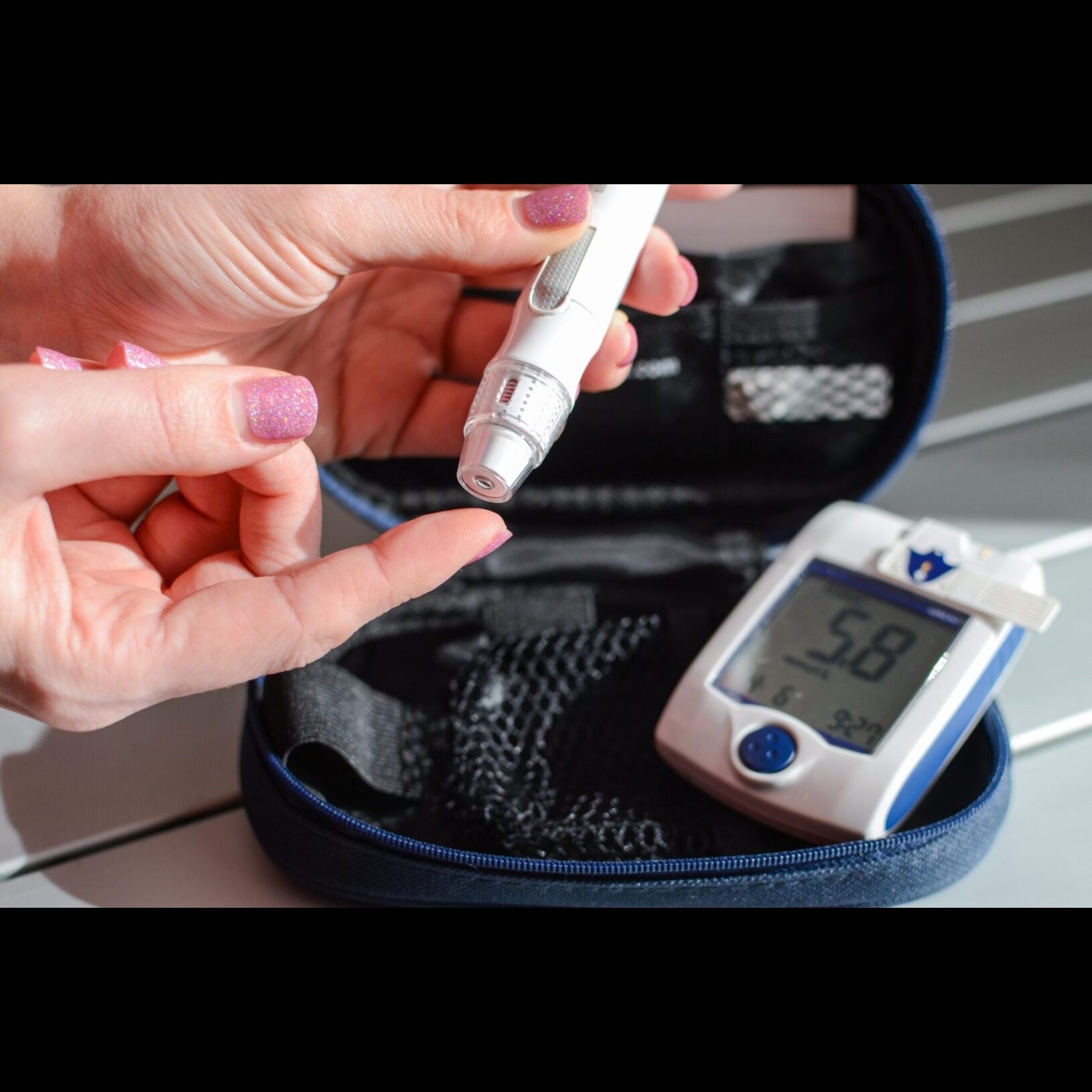+918048031351

This is your website preview.
Currently it only shows your basic business info. Start adding relevant business details such as description, images and products or services to gain your customers attention by using Boost 360 android app / iOS App / web portal.
good diabetic doctors in bangalore Diabetic ketoac...

good diabetic doctors in bangalore Diabetic ketoacidosis (DKA) is a serious, life-threatening complication of diabetes that occurs when the body doesn't have enough insulin to allow glucose to enter cells for energy, causing the body to break down fat for fuel instead. Causes and Risk Factors: Insufficient insulin: In type 1 diabetes, DKA typically develops when insulin injections are missed or inadequate. Infection or illness: Infections, injuries, or other illnesses can increase the body's need for insulin, potentially leading to DKA if insulin levels are not adjusted. Physical or emotional stress: Stressful situations can also increase the body's demand for insulin. Type 2 diabetes: DKA can occur in type 2 diabetes when insulin levels are severely low, such as during periods of illness or stress, or when individuals with type 2 diabetes are not managing their diabetes effectively. Symptoms of Diabetic Ketoacidosis: Frequent urination and excessive thirst: The body tries to flush out excess glucose and ketones through urine, leading to dehydration. Nausea and vomiting: Ketones can irritate the stomach, causing nausea and vomiting. Abdominal pain: Stomach pain can be a symptom of DKA, especially in children. Deep, rapid breathing (Kussmaul respirations): The body attempts to compensate for the acidosis by exhaling carbon dioxide. Fruity-smelling breath: The presence of ketones gives breath a sweet, fruity odor. Fatigue, weakness, and confusion: DKA can cause lethargy, confusion, and impaired consciousness. High blood glucose levels: Blood glucose levels are typically very high, often above 250 mg/dL. High ketone levels: Ketones are present in the blood and urine. Treatment: Insulin therapy: Insulin is administered intravenously to lower blood glucose and ketone levels. Fluid and electrolyte replacement: Fluids and electrolytes (like sodium, potassium, and chloride) are given to correct dehydration and electrolyte imbalances. Monitoring: Treatment of underlying conditions: Any infections or other illnesses contributing to DKA are addressed. Important Considerations: Diabetic ketoacidosis is a medical emergency that requires prompt treatment in a hospital setting. Early recognition and treatment of DKA can prevent serious complications, including coma and death. Individuals with diabetes should be aware of the symptoms of DKA and seek immediate medical attention if they experience these symptoms. People with type 1 diabetes should always have access to insulin and be educated on how to manage their diabetes during illness or periods of stress.

